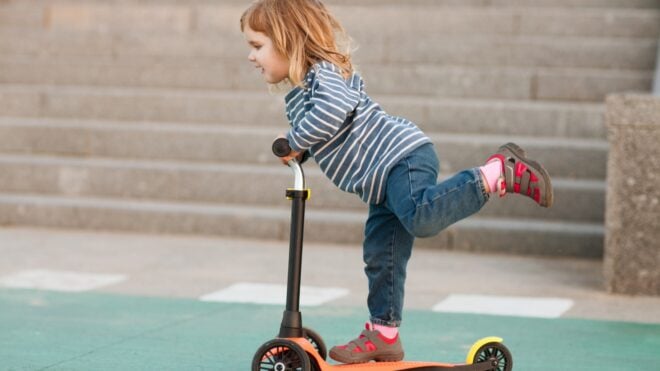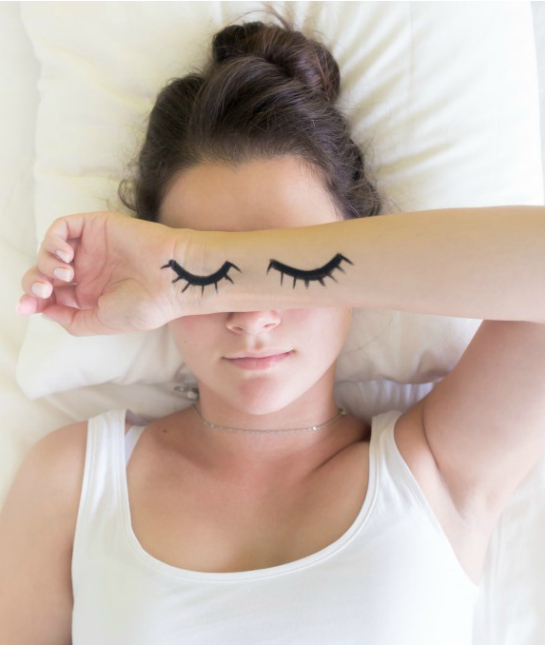
Increased Risk of Heart Attacks
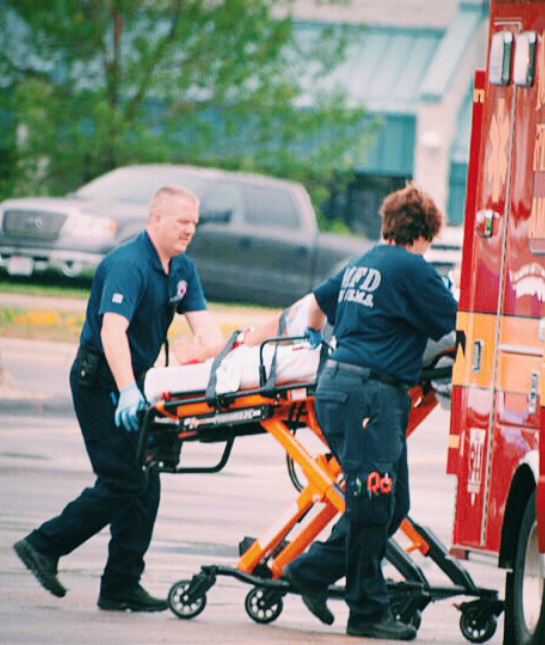
Daylight saving time (DST) has its critics. "Springing forward" one hour in March not only leaves many of us feeling groggy for a few days, it also wreaks havoc on some of our bodies—possibly in very serious ways.
For example, a Swedish study found a significant increase in the number of heart attacks—especially for women—in the first three days after DST. The researchers in the study are quick to blame the sleep deprivation that happens alongside the spring time change (as opposed to the version in the fall that gives us an extra hour). They also point out that most adults aren't getting enough sleep no matter what time of year it is.
Increased Risk of Having a Car Accident
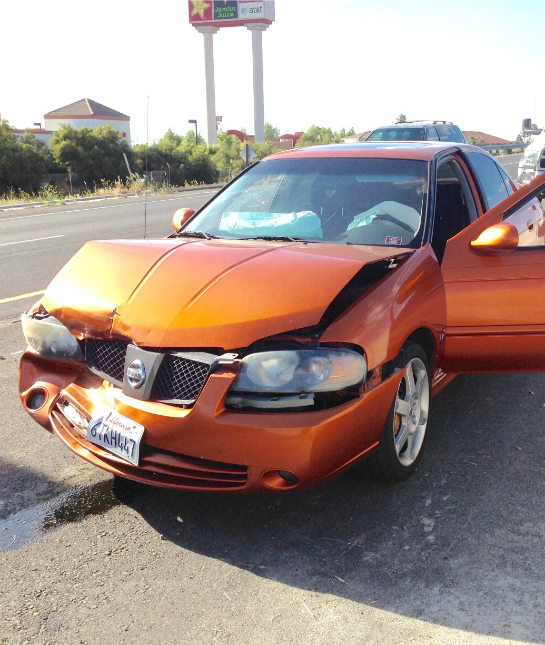
Car accidents might also increase in the days following the time change. A study published in the New England Journal of Medicine found that losing an hour of sleep for DST increased the risk of car accidents—at least in Canada, whose traffic stats they studied. They found that the extra hour of sleep in the fall had the opposite effect, citing fewer accidents.
Increased Risk of Miscarriage
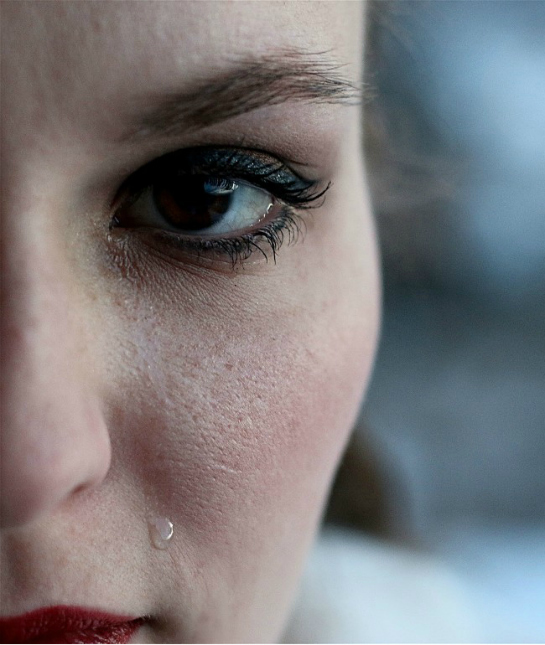
Risk of miscarriage has also been found to increase during the weeks immediately after DST starts, especially for women who have had previous miscarriages and are undergoing IVF. A study from Boston Medical Center researchers found that rates of miscarriage were higher for these women, whose embryos were transferred within three weeks of the spring time change, compared to rates for the rest of the year.
Increased Risk of Depression and Suicide
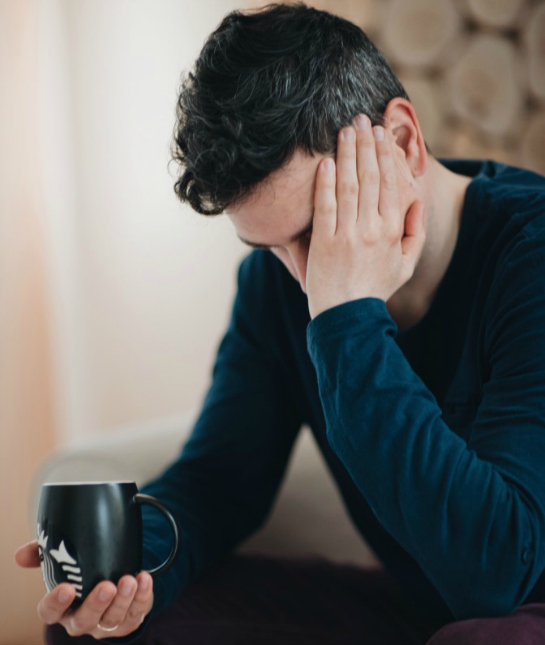
Some researchers point the finger at DST for an increase in depression and suicides, especially for men, in the days following the time change. A Danish study found an 11 percent increase for up to 10 weeks after clocks were set forward one hour. An Australian study found significant increases in suicides for men during both the fall and spring time changes.
The Time Change Makes You Tired (Duh!)
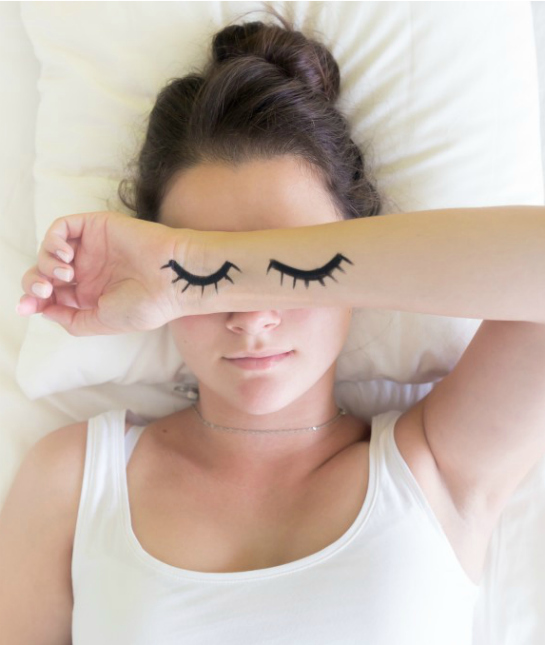
Pregnant Women Can Experience Fatigue
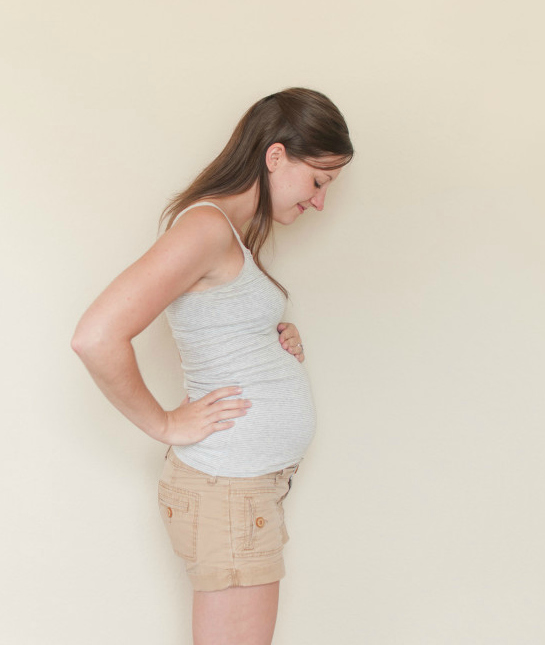
Pregnant women, especially those in the late weeks of pregnancy, may especially feel the effects of DST on their bodies. The fatigue that comes with pregnancy is compounded by the loss of an hour in the spring.
Increased Stroke Risk

The risk for stroke increases in the days after setting clocks forward and losing an hour of sleep. Research out of Finland reports that stroke rates in that country were higher, on average, the two days after DST starts. Interestingly, the rate also went up after the fall time change, when we get an extra hour of sleep. Bodies apparently really, really like their routines.
We Waste More Time

In the days following the time shift, we sometimes lose our ability to focus at work. When we're tired, our bodies also notice it's really, really time for lunch or to go home for the day. A 2012 study in the Journal of Applied Psychology found that sleep-deprived workers spend more time "cyberloafing" (pretending to do work). And there's no more tired workforce than the one on Monday after the spring time change.
You Might Have to Deal With Tired Teens
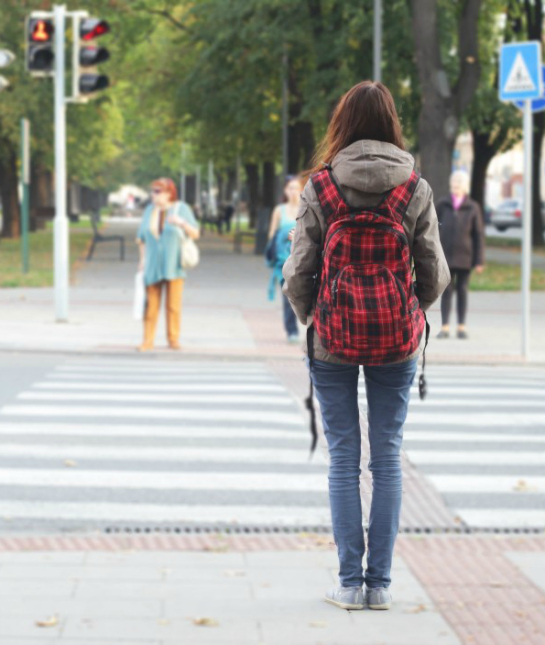
Teens are already notoriously sleep-deprived, what with such early start times. Now take away another hour of sleep, and we're basically talking about a school of zombies. A 2015 study in the Journal of Clinical Sleep Medicine found that, indeed, teens lost a significant amount of sleep after DST. The effects of this were that they had delayed reaction times (bad for young drivers) and also lapses in their attention spans.
We Might Experience Cluster Headaches
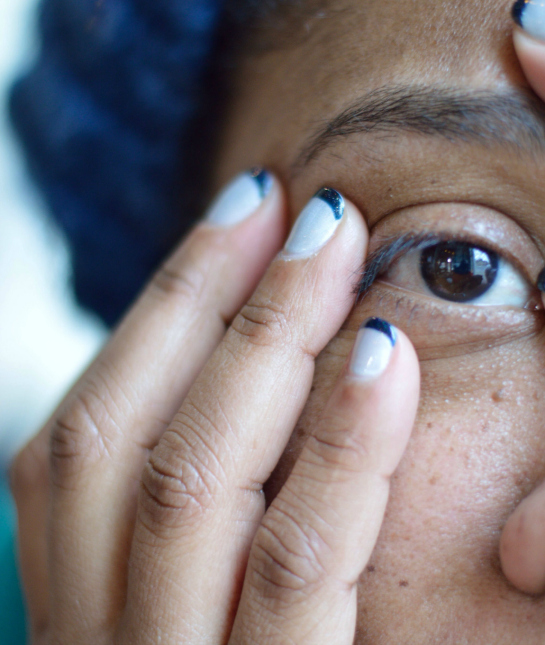
A lot of people suffer "cluster headaches," pounding pain concentrated on one side of the head. Some studies have found that these cluster headaches increase in the days following the spring time change. Researchers think the hit to our circadian rhythms—alongside the change in eating and work patterns—contribute to the increased frequency of these cluster headaches.


